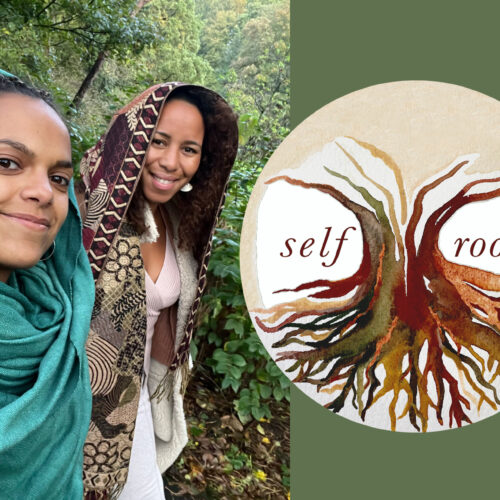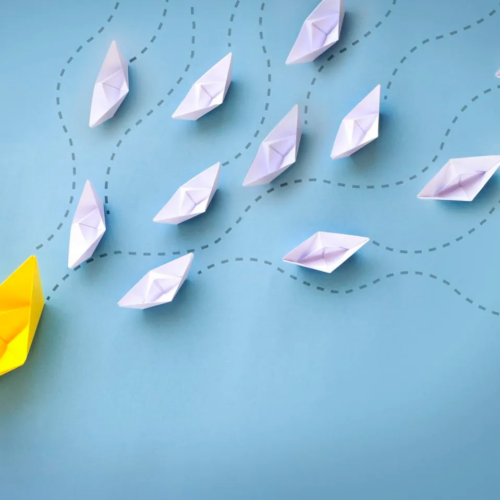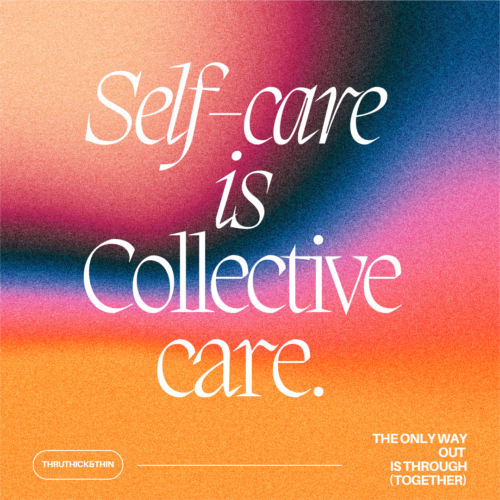When I started writing my book The Entangled Activist a few years ago, I wanted to understand some of the contradictory phenomena that I’d been noticing in my campaigning work. Human rights advocates treating each other terribly. Funders of community development excluding the very people they wanted to help. People campaigning for capitalism not to burn out the planet who were, inevitably, burning out themselves.
We’re part of the problems we’re trying to change, I started to realise. Empire, extraction, society’s hierarchies of dominance: they are in us, and without vigilance and effort, they come through even in our efforts to tackle those same problems out in the world. They get baked into organisations whose purpose is supposed to be change.
It’s not new to observe this. People with more experience of adversity or marginalisation than I have are more likely to have understood it. And each generation grapples with this question. I’ve had activists from the seventies and eighties come up to me after I’ve given talks and say hold on, we were talking about all this back then! Why doesn’t this realisation stick? It’s a really good question. Part of it is that we’re busy fighting, so we’re not always great at record-keeping: at collecting lessons learned and movement histories and passing them down.

But I’ve also started to see what looks like a script that runs in the dominant culture. If I call it the ‘activist script’, I’m using ‘activist’ broadly, to mean many kinds of change-making. With roots in our psychology, and carried by myth and culture, the script runs under the surface, whatever the issue we’re working on. When we first turn to activism, it guides us, unless we’re lucky with our mentors. It tells us we must change people, that we must run at everything with urgency, and that we must make things perfect. It reassures us that we are good, that we know the answer, and that we are saving the world. It has a tenacious grip on our imagination and drives our actions, often without our awareness. There may be a grain of truth in some of these commandments – of course the harms we’re fighting are urgent, for example – but they can also lead us to unhelpful behaviours.

The script is older than and did not create the current culture wars, but it can ratchet progressive people’s participation in them. It’s also a barrier to participation for people who would like to get more involved in change making but are responding, perhaps unconsciously, to their perception of how the script operates. They think, ‘that’s not me’.
I’m doing my thinking and activism in England, where I’m from. Here, the script’s cultural roots arise in empire and whiteness; from the UK’s class divides and its Christian heritage. I’ve spoken with activists across Europe, who see variants that often share the Christian element, which brings ideas about charity and saving that have become inextricable from empire. (It’s no coincidence that when I read some of the work from the U.S. that has circulated online, particularly since 2020, listing aspects of white supremacy culture, I noticed some of the same behaviours.)

So what do we do? There are alternatives to the commandments on the activist script. But while it’s easy to make declarations that we’re over being the saviour or the hero, or that we’re not going to rush at everything with urgency, some of these stories are encoded deep in the culture and are transmitted through our bodily reactions. So we need to understand them before we can even begin to undo them in ourselves.
In late 2023 together with Guerrilla Foundation (which supports grassroots change-making across Europe) I hosted five Unlearning the Activist Script workshops with five brilliant guest speakers and activists from across Europe. We filmed some of the conversations, which you can see below. There were also exercises and group discussions which we didn’t film. We wanted to co-create some knowledge, explore potential antidotes to the script, and become more aware of what drives us so that we have more agency to choose how we respond to each situation we’re in.
‘We know the answer’
The conversations about ‘lived experience’ that are going on in movements and NGOs are all about whose knowledge should count. The calls to decolonise change-making are not just about ensuring people with lived experience are at the centre, but this cannot happen without also de-centring the perspectives and opinions of those who are trying to help.
We heard about the challenges of surrendering the primacy of our own knowledge from Valentina Azarova, a lawyer who co-founded the Emergent Justice Collective to re-examine the power relations embedded in international human rights and justice work. Our discussion looked at alternatives to the ‘objective’ knowledge of those in power: knowledge as collaborative, accountable, embodied and for the benefit of all, and the feminist traditions that embrace them. We looked at the desire for certainty (and how helpful Vanessa Machado de Oliveira’s book Hospicing Modernity is in understanding the cultural roots of this) and offered tools for participants to begin noticing their own desire for certainty.
The conversation in this episode was not filmed.
‘It’s Urgent’
It sounds almost too obvious. Of course it’s urgent. Children are being bombed in Gaza. The clock is running out on our efforts to prevent runaway climate change. And if you’re in frontline humanitarian work or high-intensity fight for your own survival, the urgency you experience is a tangible pressure. I explored urgency with Nick Anim, a director of Transition Town Brixton and a scholar of social movements. In both his activism and his research he’s interested in how we can build solidarity across differences, especially race.
When we respond to the inevitable urgency ‘out there’ with an urgency of our own in how we go about our work, we risk burnout in ourselves. But we also risk blind spots, and not listening. A nervous system state of ‘fight or flight’ is not conductive to the bridging across different views that we need to do to hold movements together.
We explored how we can reach a state of feeling sufficiently resourced in ourselves to do the listening and connecting that is needed for coalition and solidarity.
‘We must make things perfect’
Activists are hard critics of the world as it is, but we can also be hard critics of each other. It’s an old pattern among progressives and those in opposition. But now perfectionism is helping to fragment movements at a time when our differences are being weaponised against us – whether by culture warriors on the right, the far right, or dark money-funded troll farms. In these times we most need to find ways to collaborate – even though we don’t always agree on everything.
Vanessa Faloye, an anti-oppression and collective liberation practitioner and co-founder of the Held Collective, joined us to question perfectionism and its effects.
We looked at the deep connections between our judgements of ourselves and our judgements of others; at the historical origins of Puritanism; at the connections between perfectionism and white supremacy. Led by Vanessa’s powerful candour, we explored how we can be-with and metabolise our shame when we mess up – not so that we can self-settle back into complacency, but so that we don’t throw it outwards in the form of condemnation of others.
‘We must be heroes’
Sometimes activists are, undoubtedly, heroes, going beyond their limits to protect, to gather crowds, to protest, or to call attention. And sometimes we are called on to act, in the moment, in selfless ways that other people might call heroic. But in my research I had repeatedly heard stories of hero antics that were more about ego and individualism. Thinking that activism is about heroism centres ourselves and helps to create ‘saviour’ relations rather than solidarity. A heroism frame makes the activism-curious feel that they can’t join in because they (quite sensibly) think that they’re not heroes. A heroism frame suggests that someone else will save the day, rather than all of us pitching in.
The author and poet Sophie Strand brought her ecological storytelling experience to explore the long history of the hero, who arose at the same time as cultures of empire and dominance. We looked at the relation between the hero and the saviour, and whether Jesus was a hero. There were questions about leadership and what that looks like. And she encouraged us to compost our human-centric perspectives and ask: ‘to whom am I the side-story?’
‘We must save the world’
Picking up on some of the cultural threads from the ‘hero’ discussion, Satya Robyn, a psychotherapist, activist and author, joined us the following week to look at ‘saving’ from a psychological perspective. The urge to save (other people, a situation, the world…) can come from needs within us, braiding tightly with the external, cultural stories of Christianity and the ‘white saviour’ of empire.
Satya introduced Internal Family Systems, a therapeutic method that can also be self-practised. It identifies the different ‘parts’ of us and the roles they play. She showed us how we can use it as a practical tool to identify whether we acting from a ‘saving’ part of us that is playing a role for our psyche, or whether we are acting from our whole self that does not have such agendas – which will be when we are more likely to be able to be in service, rather than saviour mode. She then tried it out on me, which was definitely the first time I have let anyone psychoanalyse me live on the internet.
Enjoy the videos, and if you find them helpful, please share them and this post.



